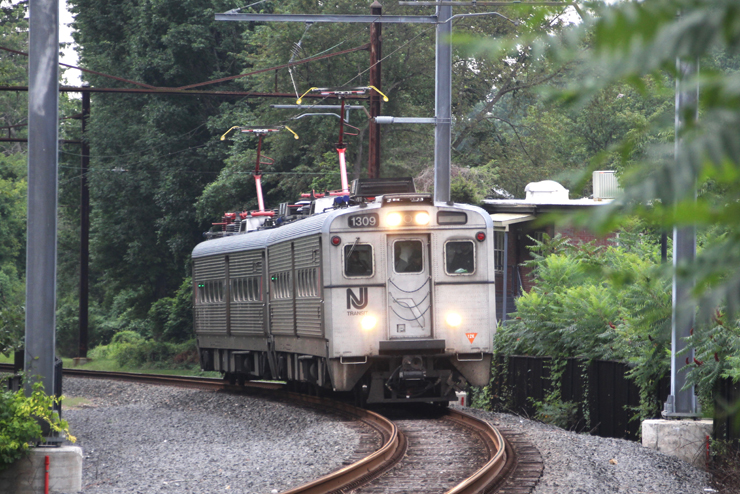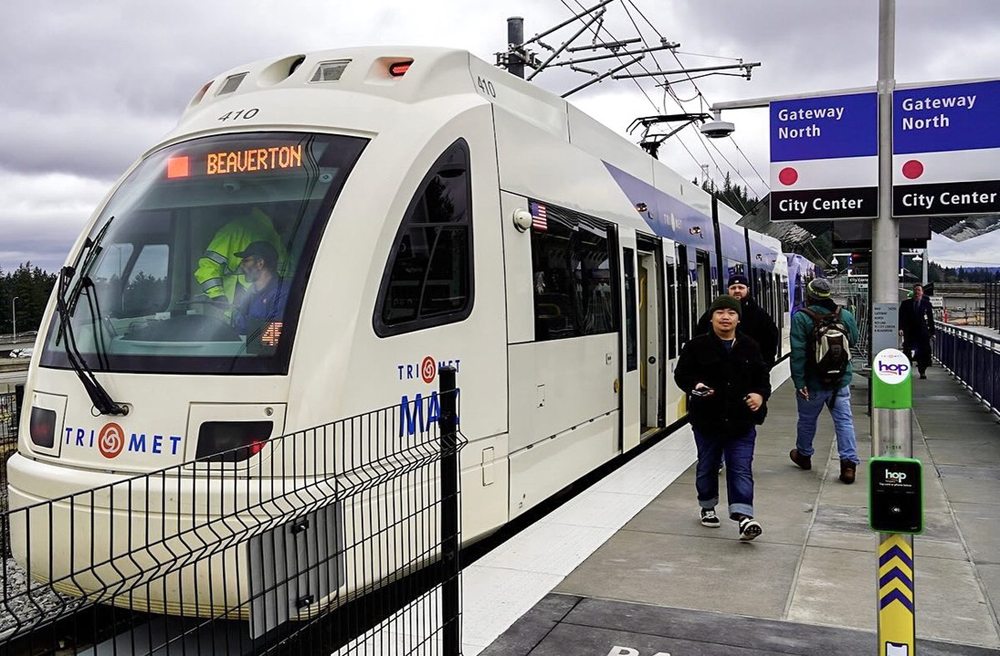
NEWARK, N.J. — NJ Transit has announced that the Presidential Emergency Board addressing the ongoing labor dispute with the Brotherhood of Locomotive Engineers and Trainmen has determined the transit agency’s offer as “the most reasonable proposal.”
The union, however, cites a portion of the board’s decision that says aspects of that offer “that we do not believe provide a reasonable basis for voluntary resolution” of the long-running dispute, and says the decision “sets the clock ticking” for a strike in March.
The full report from the Presidential Emergency Board — the second convened to address the NJ Transit-BLET dispute — is expected to be released by the National Mediation Board on Wednesday, Jan. 22. The board’s recommendation is non-binding.
“We are encouraged by the PEB’s recognition of our efforts to present a fair and reasonable offer,” NJ Transit CEO Kris Kolluri said in a press release. “… We remain committed to reaching a resolution that is both fair and sustainable for NJ Transit, the hard-working men and women of the BLET, and New Jersey taxpayers. We look forward to constructive discussions with our labor partners in the days ahead.”
The BLET said in a press release that it has rejected the emergency board’s decision, which triggers a 60-day cooling off period. When that ends, on March 22 at 12:01 a.m., the parties are permitted to engage in “self help” — meaning a strike or lockout.
“We hope that the new guard, under the direction of NJ Transit President & CEO Kris Kolluri, will choose to avoid a disruption in service by meeting with the union and working out a fair agreement that will keep the trains moving,” said BLET National President Eddie Hall.
An earlier board made a recommendation based on NJ Transit’s offer amounting to 12%, uncompounded, over 4½ years, as well as three additional years of 3% raises and two lump-sum payments of $1,500 [see “Presidential Emergency Board recommends …,” Trains News Wire, Sept. 5, 2024]. A BLET official called that recommendation “unacceptable.”
NJ Transit’s offer parallels terms accepted by its other 14 rail unions. The BLET has sought more, saying its members are the lowest-paid engineers among U.S. commuter rail operators and that the offer does not reflect engineers’ specialized knowledge and training.
BLET members have been working without a contract since 2019, and voted to authorize a strike in August 2023, but any action has been prevented to date by the lengthy processes required under the Railway Labor Act. The formation of the second three-member Presidential Emergency Board on Nov. 21 triggered a 120-day cooling off period. Currently, the earliest a strike or lockout could occur is March 22, 2025.
— Updated at 6:40 p.m. CT with union response to Presidential Emergency Board decision.













